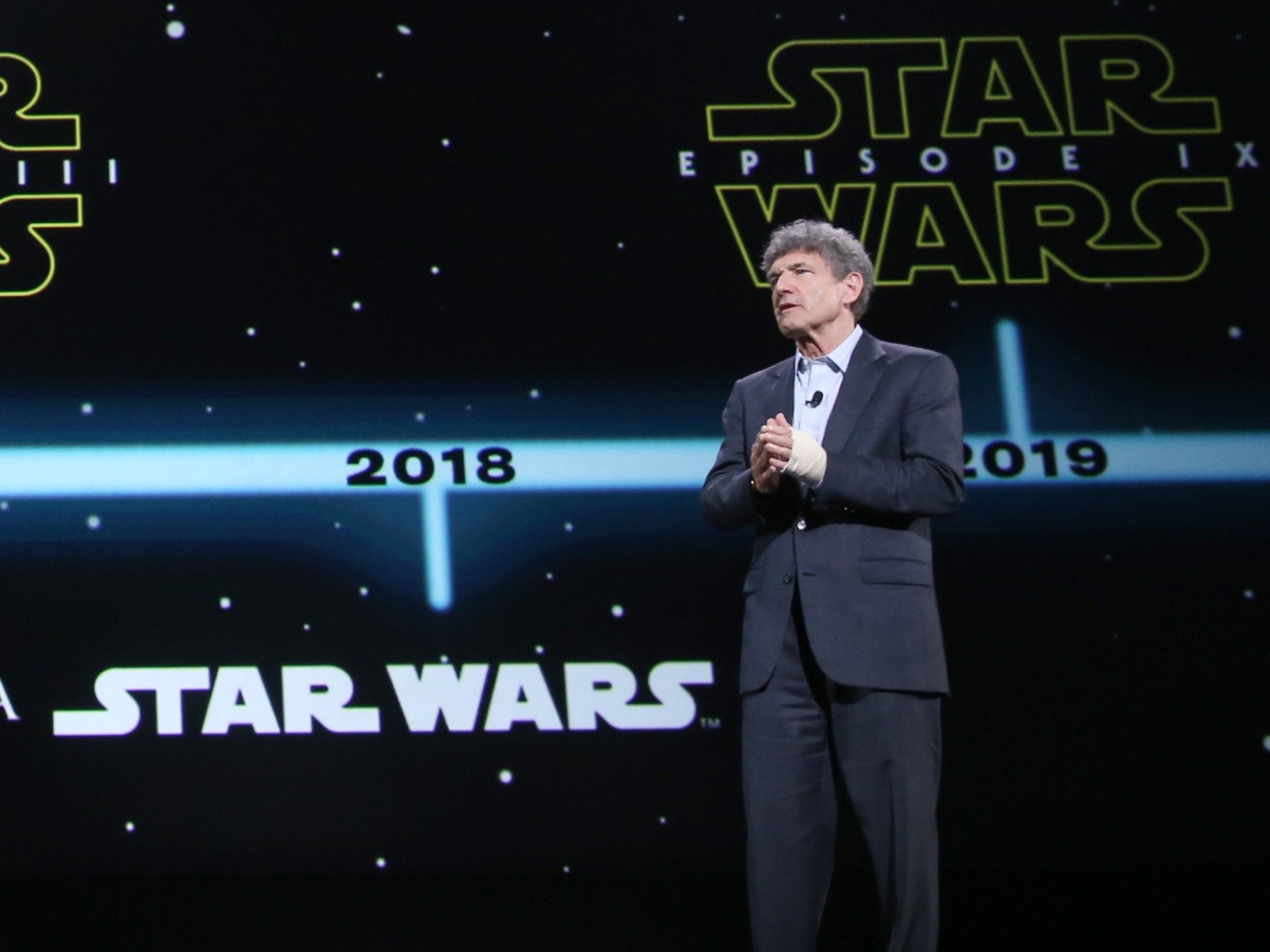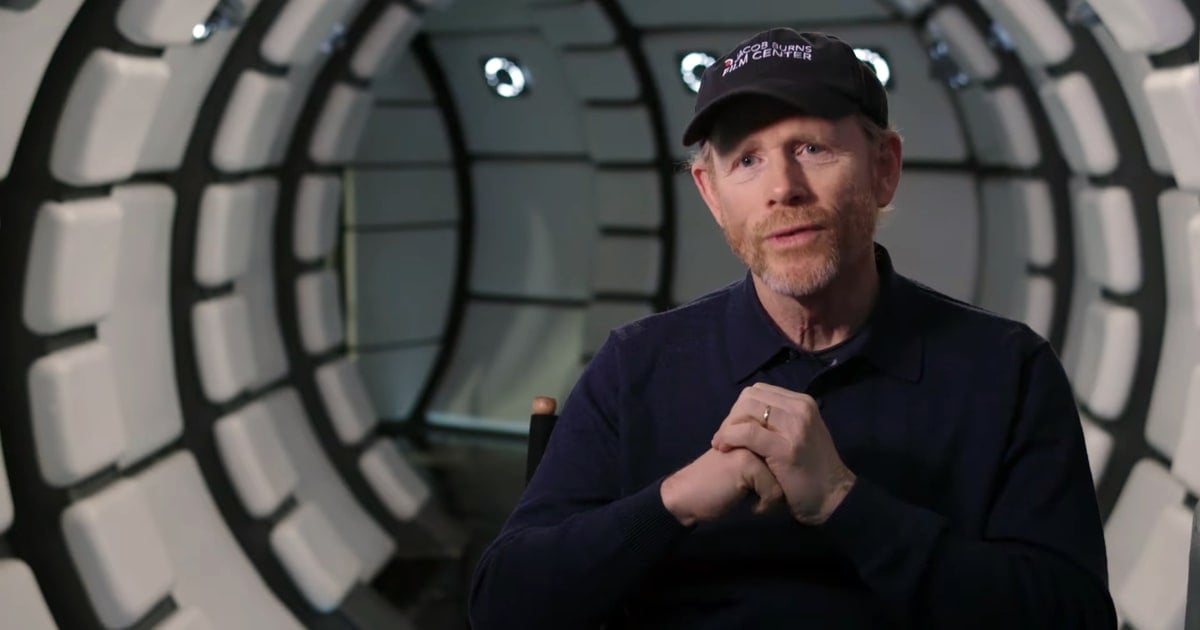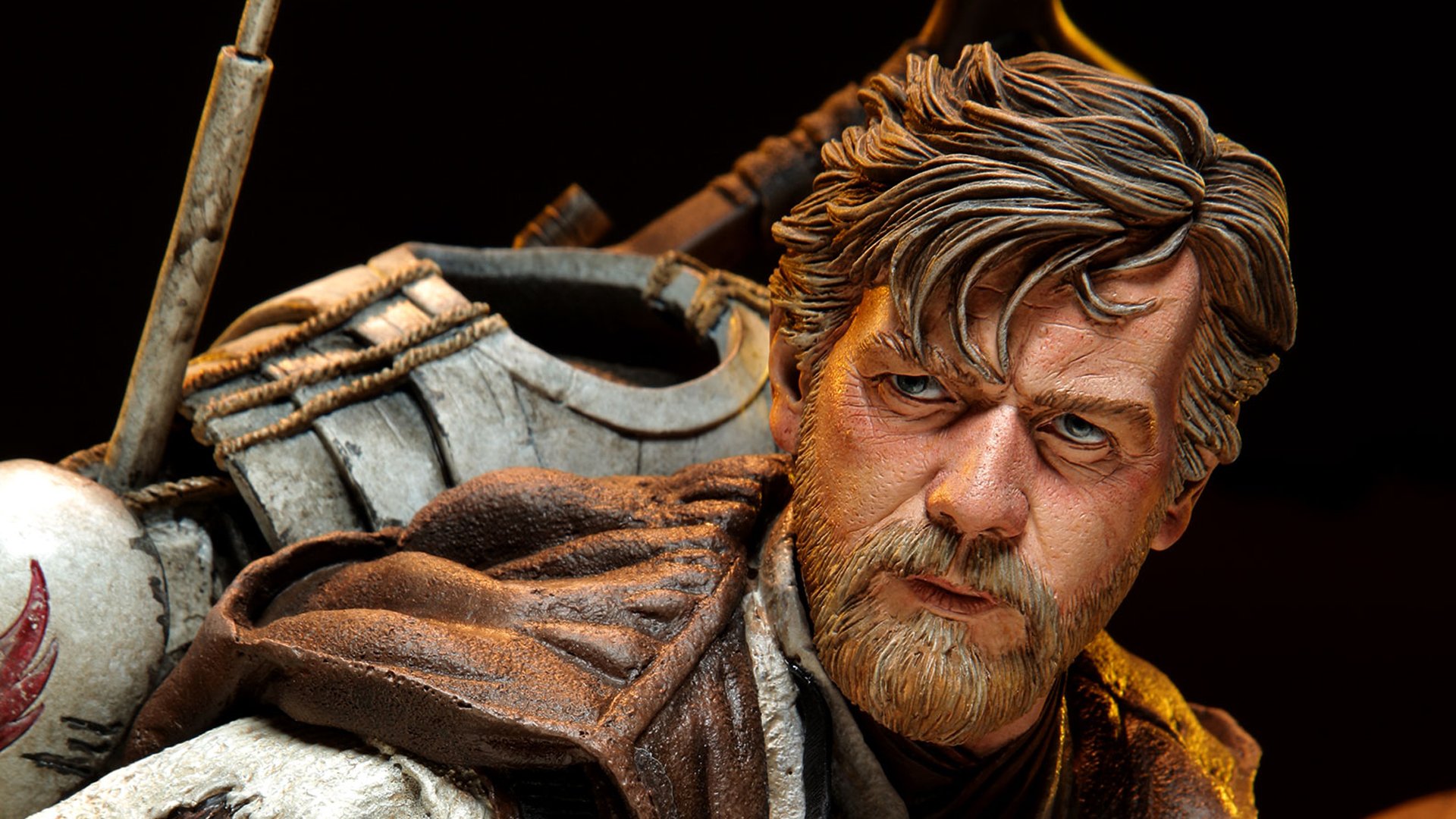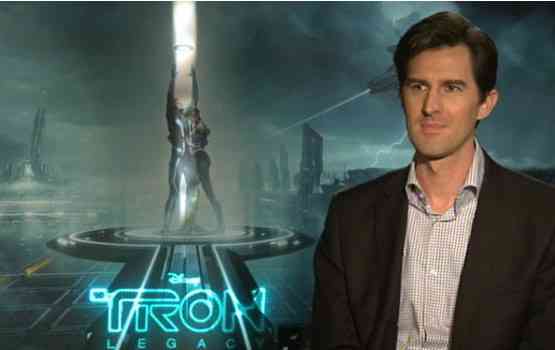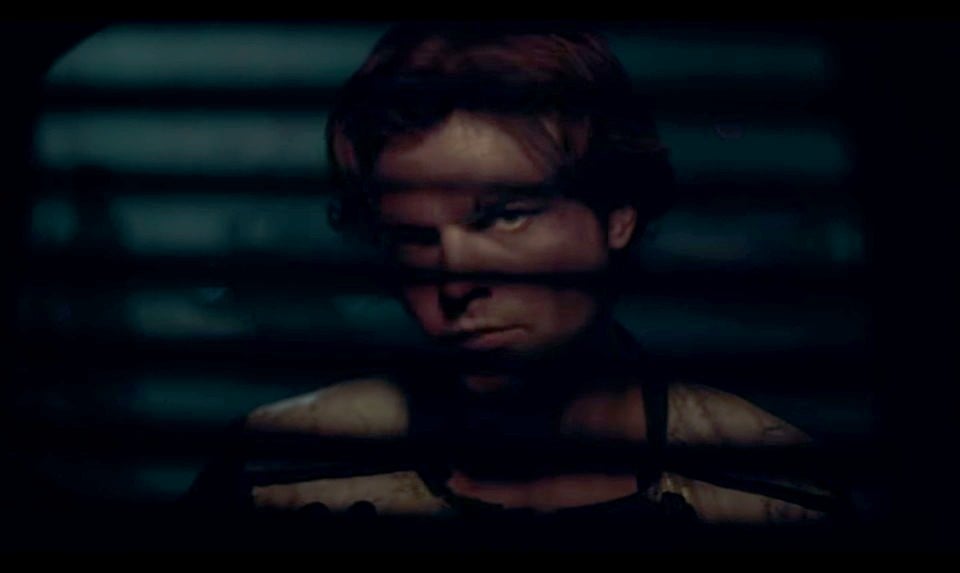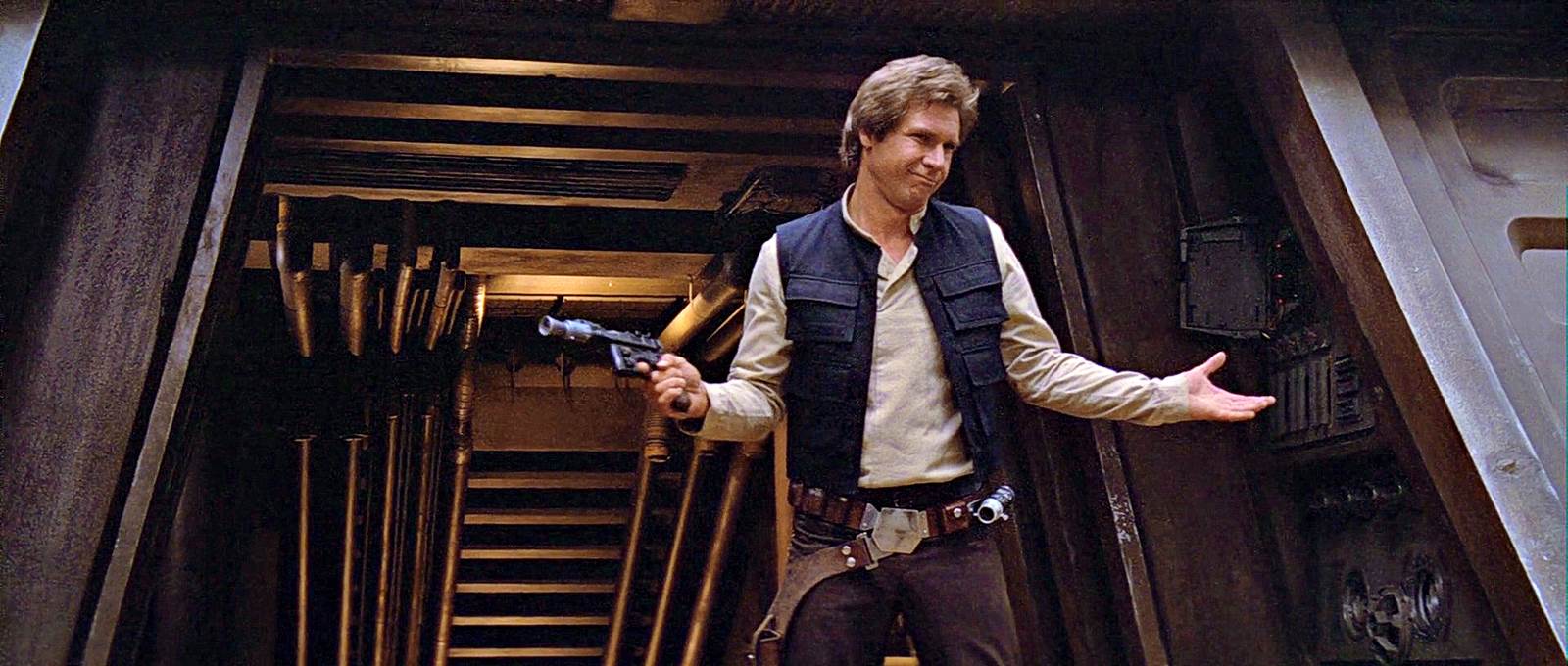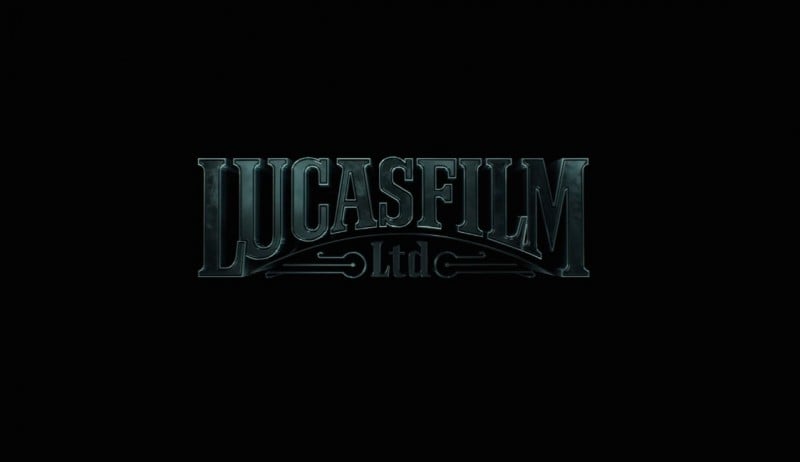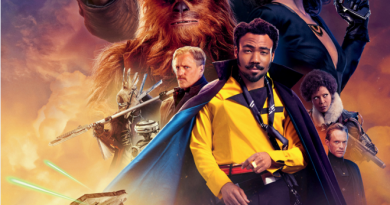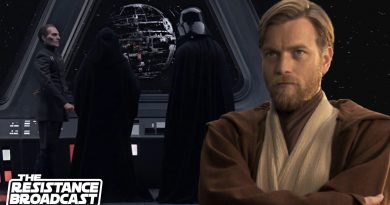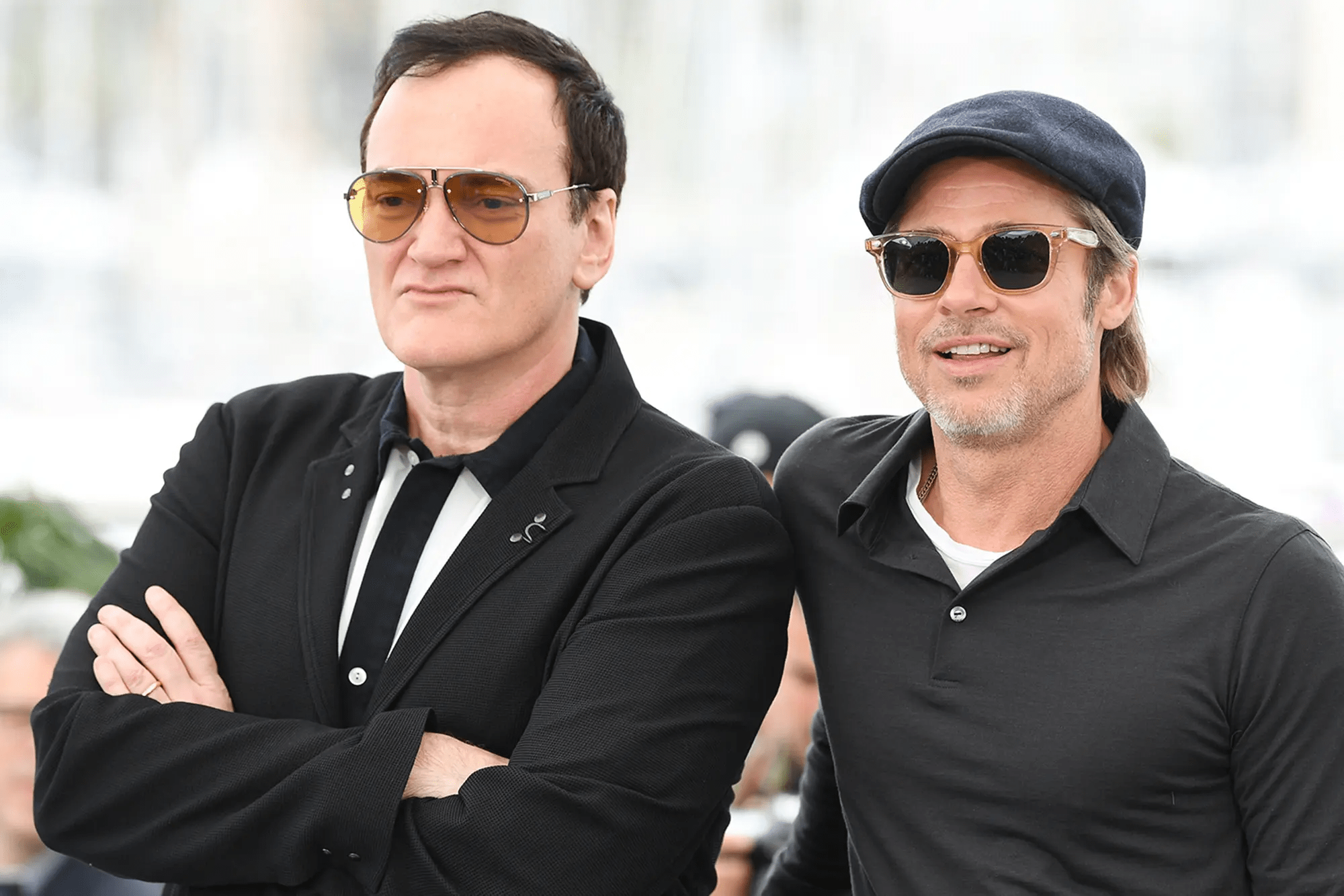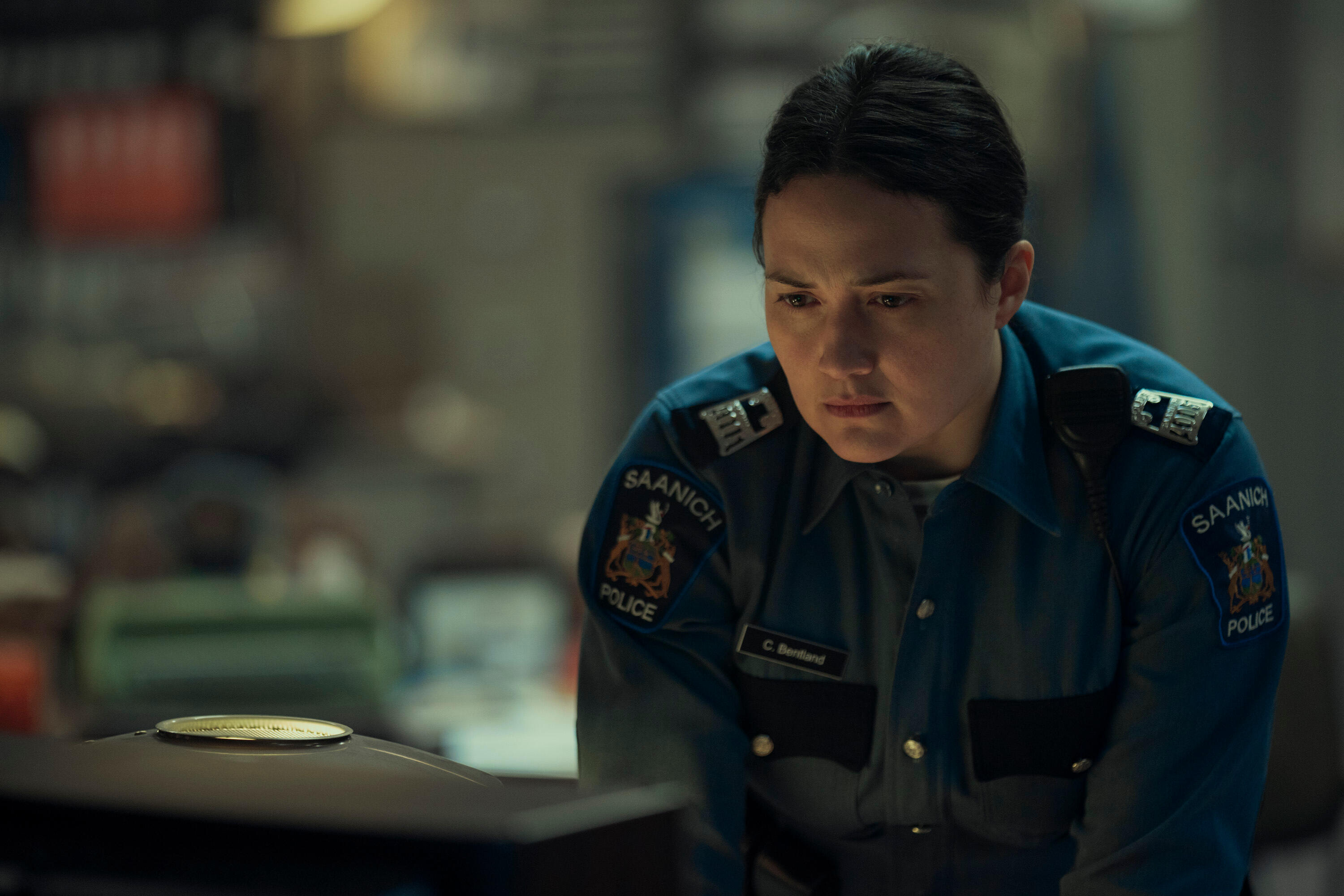Editorial: A Critique on Disney’s Change in Direction for the Star Wars Spin-Offs
Recently, news got out that in the wake of Solo‘s underperformance, Disney has allegedly halted development of a few Star Wars spin-offs. While John was more optimistic about this decision in his piece, I have some concerns about it that I feel may represent the other side of the argument.
AUTHOR’S NOTE: This piece was originally written before other accounts about Lucasfilm’s plans surfaced. While some information here may be a bit outdated, I feel as though many of the concerns presented here are valid and worth discussing.
The Good
Before I get into my reservations, I would like to point out a few areas where I think that this decision may actually be to Lucasfilm’s benefit.
Veteran Directors
Lucasfilm hasn’t had the best track record with hiring up-and-coming directors. Josh Trank’s drama on the set of Fant4stic cost him a directing job, ironically at the request of the same producer (Simon Kinberg) who recommended him to Kathleen Kennedy in the first place. While Gareth Edwards was clearly a team player on Rogue One, evidently something wasn’t clicking in the editing bay and Tony Gilroy had to step in to handle part of the reshoots. Colin Trevorrow was unable to produce a satisfactory script for Episode IX (and the poorly-received nature of The Book of Henry didn’t do him any favors, either). And suffice to say, the drama with Philip Lord and Christopher Miller is something that’s arguably more important than Solo is as a movie.
Ron Howard ultimately salvaged Solo, and in all honesty he probably should have been in the director’s seat from day one. Given that Lucasfilm didn’t announce any more spin-offs, and that they hired J. J. Abrams – who already knows the ins and outs of how Lucasfilm works – to take over for Episode IX, the lesson learned by Lucasfilm appears to be that the people behind the camera need to have field work with other movies with a similar scope to Star Wars, or at least a good amount of experience directing a variety of projects in general. And they absolutely needed to learn this lesson for the franchise to grow; leave the up-and-coming directors to Marvel Studios.
The Projects Were Never Announced Before They Were Halted
Another plus of the new decision is that it’s not officially “changing course” because Lucasfilm never officially committed to these spin-offs to begin with. Stephen Daldry and James Mangold were never officially hired to direct Kenobi or Boba Fett projects; if they were, Lucasfilm would have made a big announcement on the Star Wars website and sent out a press release. This also wasn’t a case of a studio scheduling a project years in advance and boxing creators in to come up with something before the movie comes out, nor was it a case of delaying a project further.
Lucasfilm was smart by choosing not to play their hand in this instance. They had multiple opportunities to announce and date new movies and they chose, instead, to focus on what they had already announced with Solo and Episode IX. Better to have good movies that are fewer in quantity than several movies that are all over the place in terms of audience reception.
Lucasfilm May Be Rethinking Existing Projects
Another plus in taking more time to work on more projects: you’ve got more time to figure out what you want from each one before you actually make it. This was a problem with Rogue One, hence why the script was rewritten multiple times during the film’s production, and Solo in the sense that the writer and original directors clearly had a conflict of vision. With upcoming movies, more development time implies that Lucasfilm and the creators working for them will have everything figured out before the cameras start rolling.
The Bad
Now that we’ve got the positives of this situation out of the way, here is why I think this decision has some clear faults in it.
A Reactionary Move
The biggest problem I have with this announcement that they’ll be taking things one movie at a time now is that, whether or not this shift in direction was something they were thinking about, the move comes across as being incredibly reactionary in nature. Potentially, a case of cutting off the nose to spite the face.
When I first heard this news before it hit the internet, I was reminded of a situation just like it that happened at Disney. In 2015, Disney released Tomorrowland on Memorial Day weekend to mixed fanfare and a disastrous box office performance. Shortly afterward, it was announced that Disney would also be pulling the plug on Tron: Ascension, which had entered development even if it had never been officially announced by the company. Even under Brad Bird’s direction, the notion that Disney could try to turn a park attraction into a franchise like Pirates of the Carribbean always seemed like a tall order, and while Tron: Legacy sadly underperformed, the movie still broke even and had the potential for further franchise development – not to mention that it made nearly double what Tomorrowland did.
As time went on, movies like Ready Player One have proven that movies based on video games and virtual reality can be financially viable. There is still little movement on the front of trying to make the next Pirates of the Caribbean happen, which makes it feel like the decision to pull the plug on other movies with similar premises to Solo that arguably have more interesting stories to tell is one that seems like they’re wasting opportunities to really build out the franchise. Since I started writing this piece, ABC News (which is also owned by Disney) said Lucasfilm told them they still have multiple yet-to-be announced films in development. But even then, that feels much less reassuring to me than it should, and I think it’s because the cancellation of Tron: Ascension is still on my mind.
Disney Fumbled With Solo‘s Marketing Campaign
Hindsight is 20/20, and it’s completely clear now that Disney should have amped up the marketing campaign for Solo before the end of last year. Sure, they were advertising The Last Jedi in full tilt, but Marvel’s been promoting multiple movies at once for quite some time. While Ron Howard was still reshooting the movie at the time, there could have been enough for a proof-of-concept teaser (akin to what they did for Rogue One right before they did reshoots on that) attached to The Last Jedi, where it could have received the exposure it needed. Yes, airing an ad at the Super Bowl was a good call, but that was three months from release. The average tentpole usually uses a trailer to build anticipation for a film at least five or six months before the movie comes out.
While Deadpool 2 moving to where it did put a wrench in the movie’s performance – especially internationally, where Solo was wedged between that, the World Cup, and Jurassic World: Fallen Kingdom – only so much can be blamed on when the movie was released. Solo could have defied the odds and served as a breakout hit, but it didn’t work out. I can sort of understand why Disney didn’t want to delay the movie to December (which is particularly crowded this year), but I feel it was a mistake not to push it back at least a month to give Lucasfilm the time that they needed to get the ad campaign in high gear. It blows my mind how many people I’ve talked to who didn’t know that there was another Star Wars movie in theaters, or people telling me stories about how people who knew were surprised that it was arriving in May. The lack of public awareness is one of the biggest problems with Solo, and punishing other potential movies for it seems like the wrong move to make.
Bluntly, Solo Wasn’t The Smartest Move
Yes, a script that Lawrence Kasdan wrote was developed into a movie as part of his agreement to do The Force Awakens, and the movie itself managed to be good. But the biggest issue with Solo is that, by nature of it being an “origin”-type prequel that checks off elements of the character’s backstory in somewhat predictable ways, the movie didn’t have the same “wow” factor that drew audiences into the previous three Star Wars movies. I personally think that there’s a lot more potential to do something with a young Han in a continuation of this movie’s story, but based on the movie’s lackluster box office performance, I don’t think that we’ll get that in a conventional sense, if we even get it at all.
Rogue One worked a lot better at the box office for a number of reasons: it basically had the back half of December and most of January to itself, sold itself as an event as opposed to “just another Star Wars movie”, and featured a more visually-appealing look than the dark colors of Solo. Production woes on that project didn’t hang over the film as badly as it did for Solo because Disney very clearly put their best foot forward on that movie’s marketing. That was missing from this movie, and that could have been the difference between making Solo the first Star Wars “flop” (relative to its inflated budget).
Presuming that other Star Wars movies released in the future will run into the same problems as Solo seems like an over-cautionary call that misses the point altogether. Demand for this movie was more limited than previous Star Wars tales from the beginning, and while I’m sure that they weren’t expecting the movie to make Rogue One numbers, they were probably hoping for a global total closer to the first Guardians of the Galaxy than Valerian and the City of a Thousand Planets. The problem is, they didn’t give audiences a reason to get invested in Solo in the same way.
Lucasfilm’s Management Issues
I’ve spoken in defense of Kathleen Kennedy here before, and I think it’s worth pointing out that Lawrence Kasdan was the one who wanted Phil Lord and Chris Miller for the job, which she reluctantly agreed to do in spite of her reservations about the pair. But I don’t think that it’s fair to say that she didn’t make a costly error in judgment there – she really should have trusted her instincts before she made the call to sign them on. Kennedy requesting that Solo get a delay was a good call on her part, but at that point, the situation was so screwy that Disney didn’t want to take any more chances on a project they were already worried about.
As I said earlier in this piece, it appears as though Lucasfilm did learn the right lessons from Solo and now appear to be looking at directors with a lot of experience under their belts. Disney is giving Kennedy a chance to learn from her earlier mistakes and tackle more Star Wars spin-offs under a different approach. Unfortunately, I can’t shake the feeling that their parent company might not have received that same memo. I would certainly hope that I’m wrong about that, particularly given the strides that Disney’s made as a company in the past decade.
In any case, regardless of my own greviances and concerns, I can only hope that we get movies with fewer production problems in the future. There’s certainly a lot of strength to this brand, but it isn’t invincible.
Grant has been a fan of Star Wars for as long as he can remember, having seen every movie on the big screen. When he’s not hard at work with his college studies, he keeps himself busy by reporting on all kinds of Star Wars news for SWNN and general movie news on the sister site, Movie News Net. He served as a frequent commentator on SWNN’s The Resistance Broadcast.

